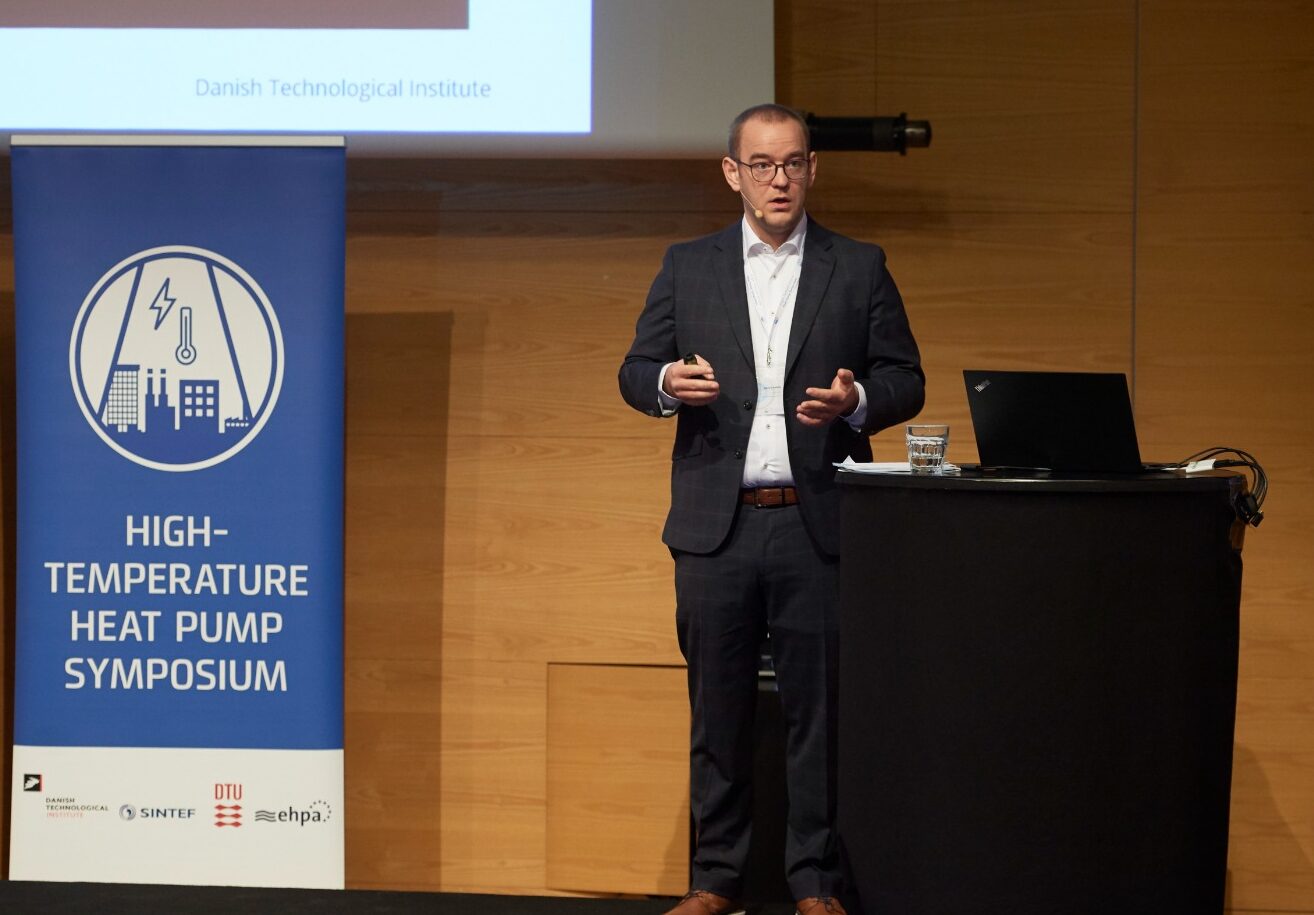Heat pumps should probably be subsidized by tax rebates or incentives in order to get more people on board. The problem in the US is getting the same folks who think it’s their god-given mission to drive idiotically huge trucks to switch, even though it’s in their best interest across the board to switch to heat pumps.
Just price gas products accurately with externalities.
Or better yet ban them.
capabilities:
High-temperature heat pumps, which can potentially deliver temperatures between 100°C and 200°C to the industry, are being implemented in many European companies.
*Excited Technology Connections noises*
I absolutely love heat pumps. They’re great, massive efficiency and all that. The article says it works in 100-200 °C range which shows a lot of promise but that’s not enough for a lot of use cases that are very energy intensive.
Clinker, the main CO2 emitter for cement creation and metals such as steel production require >400°C to produce as an example. If people figure out a way to clean up aluminium then we can potentially use a thermite reaction to create steel and there are already alternatives for clinker.
The real solution is a carbon tax which is going to be economically painful in the short to medium term and with the current economic situation there’s not a lot of political will.
Heat pumps are a game changer for residential and low-temp industrial heat. Shit’s going badly right now in the grand scheme of things but at least we’re heading in the right direction.
I was really excited about this concept for a bit. There’s all kinds of high-boiling liquids, if you’re okay with a hot “cold end” as well. The trick is that ideal heat pumps are efficient exactly when heat engines aren’t, so if there’s a big gap between the ends you’re better off just using resistive heating.
I’m glad to hear they’ve found a niche for just above boiling, though!




